Tag: astronomy
-
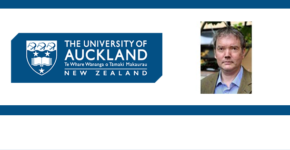
Timothy Mulgan, University of Auckland – The Surprising Implications of Extraterrestrial Life
Are aliens avoiding us? Timothy Mulgan, professor of philosophy at the University of Auckland, discusses a philosophical viewpoint of extraterrestrials. Tim Mulgan is professor of philosophy at the University of Auckland in New Zealand, and professor of moral and political philosophy at the University of St Andrews in Scotland. He is the author of Purpose…
-

Joshua Krissansen-Totton, University of Washington – Searching for Life in Space using Methane
On this Student Spotlight: Have we been looking for aliens using the wrong parameters? Joshua Krissansen-Totton, graduate student in the department of earth and space sciences at the University of Washington, explains why searching for just oxygen among the cosmos might not lead us to E.T. Graduate Student Department of Earth and Space Sciences Astrobiology…
-
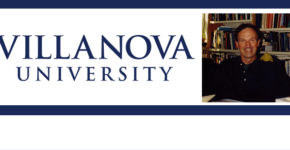
Edward Guinan, Villanova University – Growing Food on Mars
Could we grow food on Mars? Edward Guinan, professor of astronomy at Villanova University, answers this question. Dr. Guinan is a pioneer in astronomy and space science research that studies our Sun, stars, and planets inside and outside our solar system as well as the search for potential life on these planets. His recent research…
-
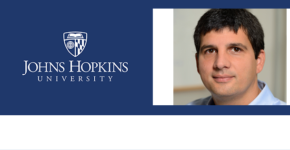
Tamas Budavari, Johns Hopkins University – Using Astronomy Tools to Fight Urban Decay
To fix urban decay, look to the stars. Tamas Budavari, assistant professor in the department of applied mathematics and statistics at Johns Hopkins University, describes how a tool to map the stars could help fight urban blight. Tamás Budavári’s primary interest is in cosmology, large-scale structure, and galaxy evolution. He has been focusing on various…
-

Jay Pasachoff, Williams College – Total Solar Eclipse
A total solar eclipse is coming this summer to the U.S. Jay Pasachoff, professor of astronomy at Williams College, discusses this rare astronomical event. Jay Pasachoff is Field Memorial Professor of Astronomy at Williams College, Williamstown, Massachusetts, and Chair of the International Astronomical Union Working Group on Solar Eclipses. Today marks his 66th solar eclipse.…
-
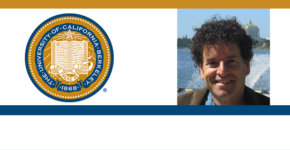
Steven Stahler, University of California Berkeley – Our Sun Has A Twin
Our sun might have a twin. Steven Stahler, associate research astronomer at the University of California Berkeley, examines binary stars and whether our sun’s twin is still out there in the universe. 1992- Associate Research Astronomer; U. C. Berkeley 1991 Visiting Professor; Osservatorio di Arcetri, Florence 1990-1991 Associate Professor of Physics; MIT 1985-1990 Assistant Professor…
-

Behnam Darvish, California Institute of Technology – Why Galaxies Stop Forming Stars
Galaxies stop forming stars, and scientists are working on finding out how. Behnam Darvish, postdoctoral scholar in physics at the California Institute for Technology, delves into this scientific quandary. Postdoctoral Scholar in Physics at California Institute of Technology. Research interests: formation and evolution of galaxies in dense environments (clusters, groups, filaments). Behnam Darvish was a…
-

Shawn Bishop, TU Munchen – Supernova Ashes and an Extinction Event
Traces of supernovas in the cosmos could be in our oceans. Shawn Bishop, professor of experimental physics at the Technical University of Munich, discusses if this is a clue to an extinction event from our past. Started out his scientific career a long time ago, in a galaxy far, far away. Specifically, he hails from…
-
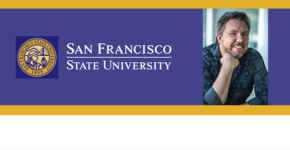
Stephen Kane, San Francisco State University – Second Earth Candidates
The search for the Holy Grail of planets continues. Stephen Kane, associate professor in the department of physics & astronomy at San Francisco State University, scours the universe for Earth-like rocks. Stephen Kane has been researching planets around other stars for more than 20 years and has discovered and characterized hundreds of exoplanets, including Kepler-186f,…
-

John O’Meara, St. Michael’s College – Traces of the First Stars
Have we found the fingerprints of the first group of stars in our universe? John O’Meara, associate professor of physics at St. Michael’s College, explores how looking 12 billion years in the past can lead to a better understanding of the full story of the cosmos. My primary research focus is to attempt to better…
